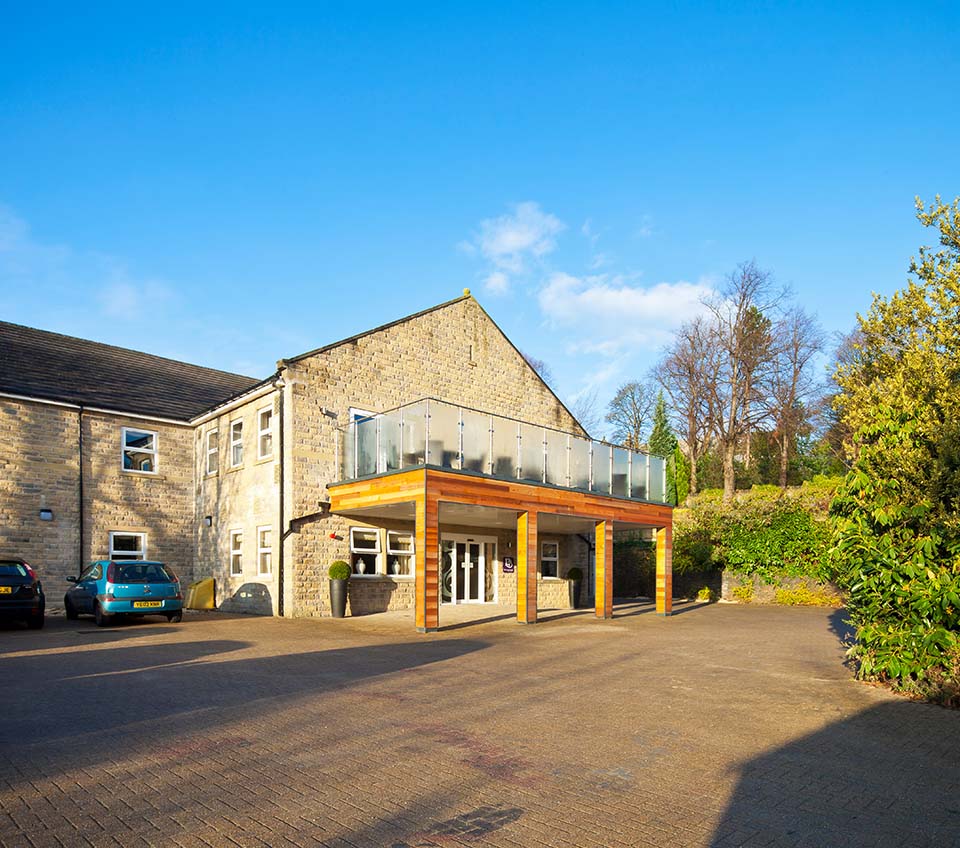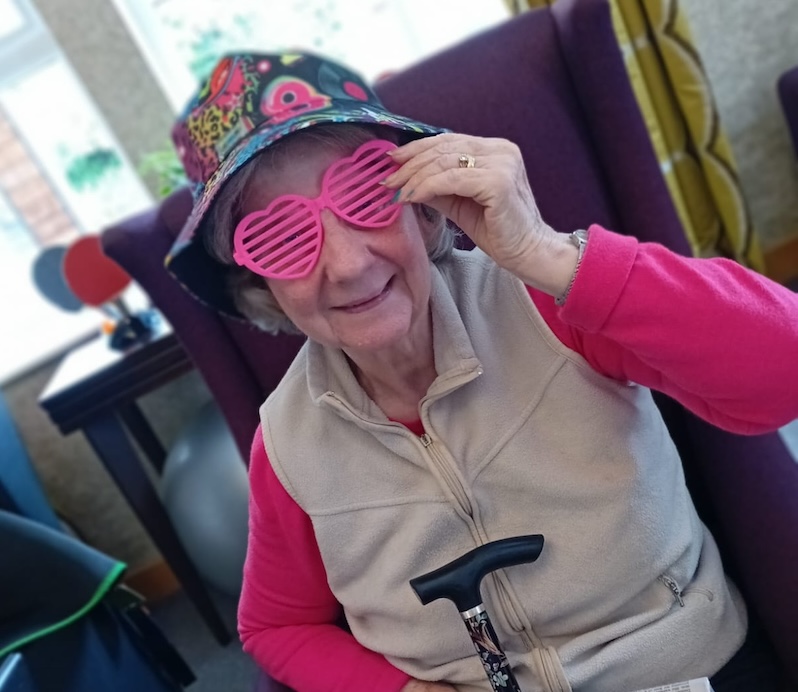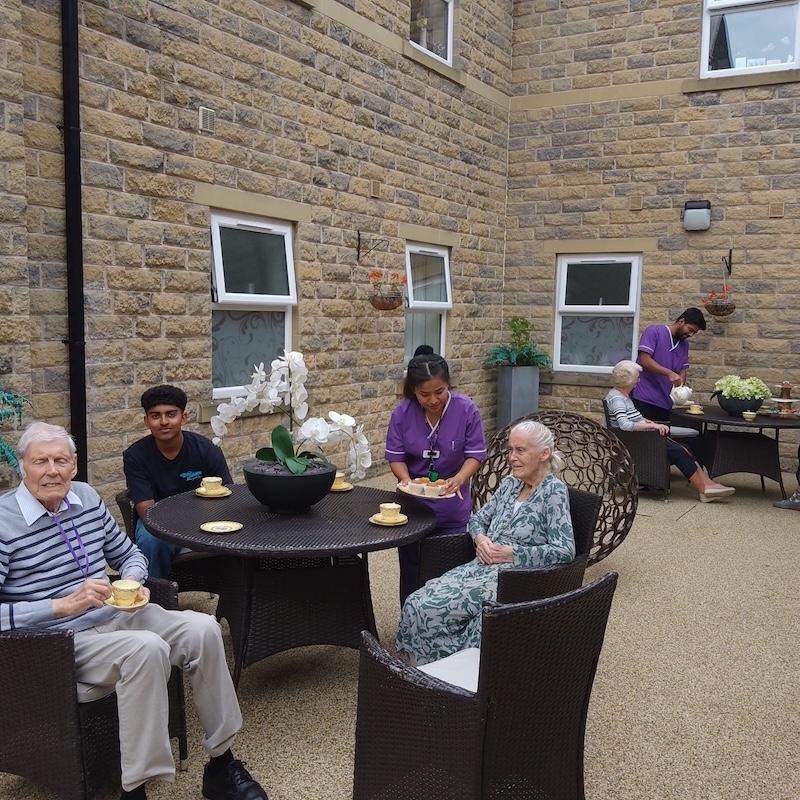How Care Homes Support Residents in the Winter Months
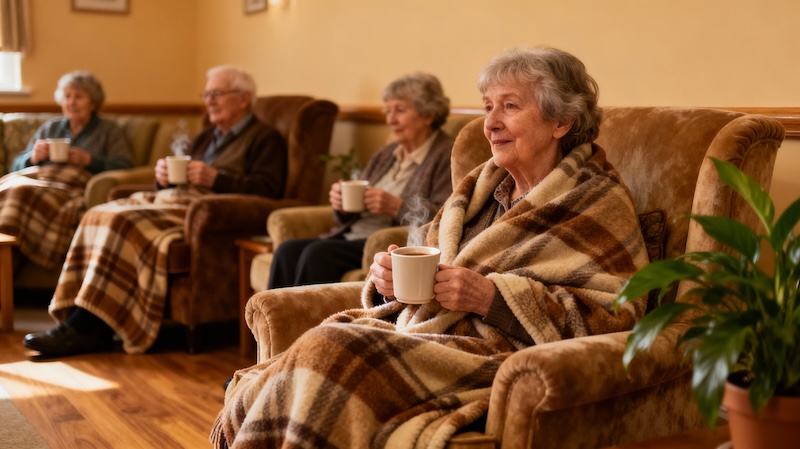
As the winter months approach, family members often become more concerned about the well-being of their loved ones, especially those who experience loneliness or struggle to keep warm and remain active. Care homes understand the worries that relatives face and offer reassurance of a homely environment and tailored support to ensure residents stay healthy and engaged. In this blog, we will explore the different ways in which care homes support their residents and the numerous benefits that enhance their quality of life throughout the winter months.
Prioritising Warmth and Safety
Staying warm is essential for older adults as cold weather can impact their physical health and comfort. Because of this, care homes take careful steps to ensure their environments are cosy and safe throughout the winter period. Central heating is carefully maintained, and staff encourage residents to wear additional layers or make use of extra blankets as needed. Residents are also assisted with keeping their rooms at a comfortable temperature, while shared spaces become social hubs where warmth and companionship go hand in hand.
Personal and medical needs are essential all year round, but often require closer monitoring during the winter months. Staff look out for early signs of cold-related illnesses and offer vigilant support with mobility and health conditions that might be heightened in winter. For nursing home residents or those with chronic health conditions, medication is closely managed and doctors or community nurses are regularly communicated with. This proactive, attentive care provides peace of mind to residents and their loved ones.


Nourishing Food and Supportive Meal Times
Nutritious, hearty meals are a cornerstone of high-quality care, especially during the winter months. Kitchens often prepare seasonal menus that include warming soups, casseroles and classic roast dinners to ensure residents receive the healthy calories and vitamins needed to maintain their physical health and energy levels. Mealtimes become social occasions, providing both nourishment and valuable opportunities for meaningful interaction and building friendships with other residents and staff.
Hot drinks like tea, coffee and hot chocolate are always available, bringing additional comfort and opportunities to pause and connect throughout the day. Care homes also pay special attention to hydration, knowing that drier indoor air in winter can increase the risk of dehydration for older adults.
Keeping Residents Active and Engaged
Remaining active through winter is essential for physical well-being and mental health. Experienced activity coordinators develop seasonal activity programmes that balance stimulation and gentle movement. Indoor winter activities such as arts and crafts, board games, quizzes, music sessions and gentle exercise classes like chair yoga or tai chi promote mobility while reducing the risk of isolation and low mood that can be triggered by reduced daylight.
Other activities, such as baking or knitting, allow residents to use their fine motor skills and cognitive functions while enjoying the company of like-minded individuals.
Encouraging Fresh Air and Outdoor Connection
Even in cold weather, time spent outdoors offers numerous health benefits for residents. Whenever the weather permits, care homes in Barnsley encourage residents to wrap up warm and join short winter walks in the local area or around the garden, as it provides fresh air, mild physical activity and valuable exposure to natural daylight. Staff always support winter walks so that mobility and safety are never compromised. For residents who are unable to venture out, well-placed seating by large windows or in conservatories allows them to enjoy views of winter wildlife and changing scenery while staying comfortable indoors.

Supporting Emotional and Mental Well-being
Shorter, darker days and less time outdoors can affect anyone’s mood, but older adults may be at greater risk of loneliness or seasonal affective disorder during the winter months. Care homes address this by offering emotional and mental health support, encouraging residents to spend time with others and ensuring they continue doing what they love most. Regular conversations and group events help everyone feel part of the community.
Residents receiving dementia care find structure and reassurance in consistent routines and group engagement. Stimulating activities that evoke fond memories or provide comforting sensory experiences have been shown to improve overall well-being and reduce feelings of confusion or isolation.
Maintaining Community and Family Connections
Maintaining ties to family members and the local community is especially valuable during winter. Many care homes organise visiting days and special events for everyone to come together and connect. Whether it is a festive season party, an indoor winter market, or video calls with long-distance relatives, these experiences give residents purpose and connection despite the colder weather.
Care homes also partner with local community groups, such as schools or choirs, to bring seasonal performances or volunteers into the home. These connections strengthen the overall atmosphere and help residents feel a sense of belonging throughout the winter months.
Care Tailored to Each Individual
Offering the highest levels of care in the winter months means tailoring support to each resident’s unique needs and preferences. Care plans may be adjusted to accommodate new health concerns or requests for additional support with daily routines. Staff collaborate closely with residents, family members and healthcare professionals to review their care plan and make appropriate changes when required.
Opportunities for respite care also increase as families may seek extra support for loved ones during the colder months. Care homes provide safe, stimulating environments for temporary residents and pair continuity of care with positive experiences.
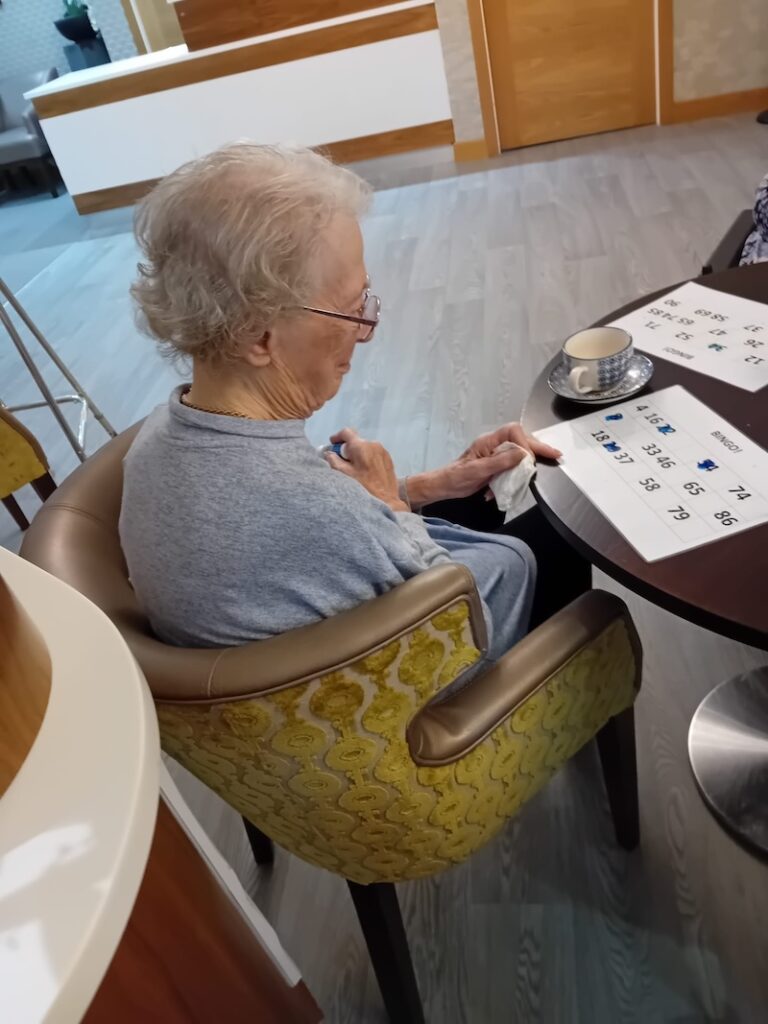

How We Support Residents in Winter at The Porterbrook Care Home
At The Porterbrook Care Home in Sheffield, every resident is supported through the winter with thoughtful, person-centred care. Warmth and safety shape our daily routines, while a diverse calendar of winter activities fills each day with purpose and fun. Residents enjoy nutritious meals, gentle exercise, festive events and ongoing connections with loved ones and the local community. Our dedicated team ensures that every resident feels valued and comfortable, providing peace of mind for families and a true sense of home, no matter how cold it gets outside.
Our first-class care services include residential care, dementia care and respite care. Before a resident moves in with us, we create a care plan that outlines all of their needs and preferences, which follows them throughout their entire care journey. We want our residents to consider The Porterbrook as their own home, so they have unlimited access to our in-house facilities at any time of the day. Whether they want to enjoy a relaxing film in the cinema, go on a trip out in our luxury car, take part in some arts and crafts or enjoy a pamper in our hair salon, there is something for everybody to enjoy.
To find out more about how we support our residents in the winter months, please get in touch or book a tour. We would love to show you what makes our Sheffield care home so special.

